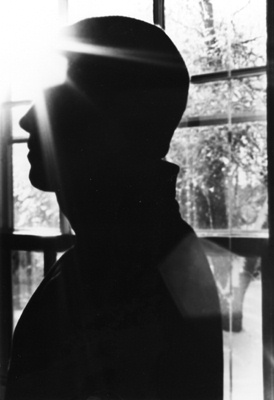All Nonfiction
- Bullying
- Books
- Academic
- Author Interviews
- Celebrity interviews
- College Articles
- College Essays
- Educator of the Year
- Heroes
- Interviews
- Memoir
- Personal Experience
- Sports
- Travel & Culture
All Opinions
- Bullying
- Current Events / Politics
- Discrimination
- Drugs / Alcohol / Smoking
- Entertainment / Celebrities
- Environment
- Love / Relationships
- Movies / Music / TV
- Pop Culture / Trends
- School / College
- Social Issues / Civics
- Spirituality / Religion
- Sports / Hobbies
All Hot Topics
- Bullying
- Community Service
- Environment
- Health
- Letters to the Editor
- Pride & Prejudice
- What Matters
- Back
Summer Guide
- Program Links
- Program Reviews
- Back
College Guide
- College Links
- College Reviews
- College Essays
- College Articles
- Back
MLK: The King of Equality
It is a known fact that humans gravitate towards comfort. Staying within one’s comfort zone feels safe. These people of our society are surely good people, but they are passive, afraid to release their passion to the world. Martin Luther King was anything but passive. An advocate for change, a warrior for his people, a minister of justice he sought to become. He was that, and more. In a time when African-Americans were denied their rights as Americans and subject to harsh discrimination, King rose as relentless minister determined to bring justice to his race. He should indubitably be remembered for his actions in promoting equality, ensuring justice, and opening the eyes of the American people.
Some would argue that King should not be remembered, and that during King’s time, anyone could have led protests and uplifted an oppressed group. That is true, but what makes King worth remembering is his background. His unparalleled understanding of scripture strengthened his command of language and effectively disseminated his message. King’s grasp of the Bible and the Christian religion enabled him to connect on a spiritual level with his followers. The hypocrisy of the history of the Christian faith and King’s connection to it establishes just how bold his mission was. The notion of how all are equal under God was ironic considering how in the ages of globalizing Christianty in the 16th century, Christian churches sent clergymen on missions to spread Christianity and “civilize” foreigners, people whose ways seem inferior compared to 16th century Western civilization. Looking back on 1963, King was apart of that category of an inferior race, but proudly preaching his religion that once, and still was, discriminating against his people. In King’s “Letter From A Birmingham Jail,” he responded to a group of clergymen, men on equal footing with him, who severely criticized his actions. Despite his circumstances of oppression, despite his inherent race, despite the discrimination he faced, King stayed true to his beliefs, and this enabled him to embolden a disenfranchised population. What made King unique was his inseparable bond between his methods of oration, protest, and organization to the uniting power of religion.
King was not just any activist. He did not just challenge the status quo. He transformed it. By setting standards for activism that was constructive and uplifting, rather than malicious, King was able to justify the violence and brutality of protests, using his religious lexicon of course. His passion for equality was direly needed, and King led the civil rights movements’ with grace. In order to see how impactful King was, it is necessary to take the color out of the situation. It doesn’t matter if King was black or white, his race would not have changed how remarkable he was. King would be proud of how far we have come, and Americans of all races are proud of what he accomplished for the development of our values as a country.

Similar Articles
JOIN THE DISCUSSION
This article has 0 comments.
